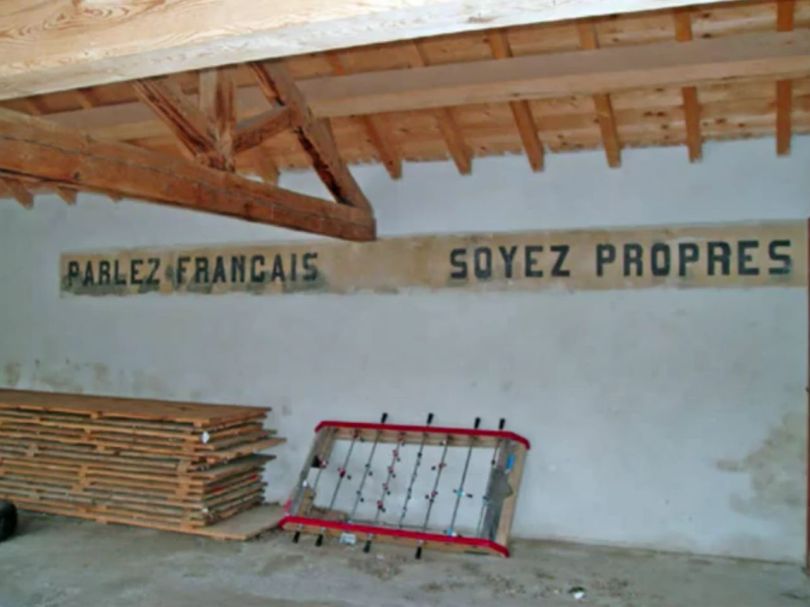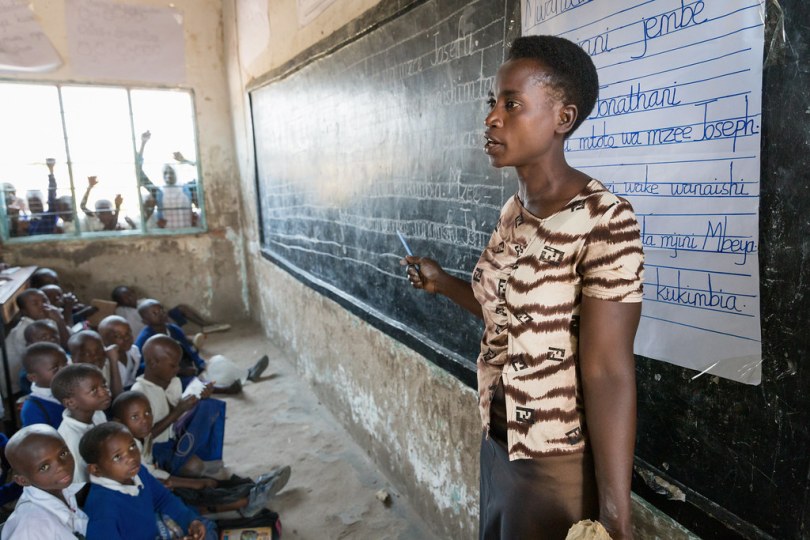In the past months, I have given two online talks on aspects of my PhD Dissertation; I will defend the dissertation at Leiden University on 16 September at 3 pm. A pre-print version of it is available at Researchgate: ‘Language, Education and Identity in Africa‘.
The first talk I gave was on 8 June 2021 at the annual conference of the Special Interest Group ‘Language in Africa’ of the British Association for Applied Linguistics (BAAL). It can be seen here: Language Politics and Activism in Education: The Need for a New Line of Reasoning.
The second talk was on 9 June 2021 at the tenth World Congress of African Linguistics (WOCAL10), hosted by Leiden University. It can be seen here: Let’s Turn to Policy: a Challenge to Linguists. This talk was the last one in a series of talks in the “Let’s Turn to Policy” workshop that was part of WOCAL10. The workshop was organized by the Edinburgh Circle on the Promotion of African Languages (ECPAL), of which I am a founding member.
Some of the elements of the “Let’s turn to Policy” workshop were written up by me on the Stemmen van Afrika blog site in Dutch. A translation is below.
Language policy in Africa: still a long way to go?
WOCAL is congress that takes place every three years, one time on the African continent, one time elsewhere. After Cameroon (2012), Japan (2015) and Morocco (2018), this time it was the turn of the Netherlands to host the event, and more in particular the section of African cultures and linguistics of Leiden University.
One of the workshops that formed part of the tenth WOCAL in Leiden in June 2021 was devoted to language policy in Africa, with a focus on education. Many African countries lack a clear language policy; where it exists, language policy is often a de-facto continuation of the situation from colonial times. Almost everywhere, the former colonial language remains as the language of instruction, especially in secondary and higher education. The problems this leads to were eloquently discussed by the Tanzanian Dr. Martha Qorro. Speaking in Kiswahili, she explained in no uncertain terms why maintaining English leads to students not living up to their intellectual potential; it also leads to estrangement between children and their parents and more in general to a wastage of scarce resources in education. She argued in favour of a different approach, one that starts with using African languages as medium of instruction.
These thoughts were further explored in the workshop, which in three sessions looked at problems with current policy, at the situation in different countries and at changes that will be needed in future.
One of the improvements tried out in many countries consists of using the multilingual background many students have. Whereas in the past using the local languages was simply forbidden, these language are now permitted and being used in an increasing number of countries. By encouraging questions and discussions in students’ own languages better results can be obtained; it also makes learning the official language easier. However, that strategy, which certainly has not yet been universally implemented, has its own problems. Thus, in many countries there is no guarantee that teachers are posted to schools where they speak the local language. Thus, somebody whose mother tongue is Kihehe (from the South of Tanzania) could easily be posted to a school in the Northwest, where Kiha is spoken – and then children still cannot ask their questions in their own language. But what is more important: if the language of the exams does not change, that in itself will put students who are less gifted in language (or whose parents cannot afford to pay for extra tuition) at a disadvantage, possibly leading to them dropping out unnecessarily.
There are problems outside of education as well, as discussed for example by Endurence Dissake, who studied language use in courts in Cameroon. For example: there are Francophone judges who do not understand the English-based pidgin, and vice-versa. Because judges and others before the court do not understand one another access to justice is impeded and many types of misunderstandings may occur.
Therefore, a further step will be necessary in the direction of a language policy that leads to an increased use of African languages – although that will be far from simple. One of the countries that is somewhat ahead of the others in this regard is Morocco, where Amazigh (Berber) was given the status of official language a few years ago. As Yassine Boussagui showed, current policy fails in really offering equal opportunity to Amazigh and its speakers.
Matthew Harley discussed the complex situation in Nigeria, where over 500 languages are discerned. He suggested using the 16 most used languages in the country as languages of instruction. However, for the moment a scientific basis for such a choice and a strategy for its introduction are lacking.
Thus, many questions remained unanswered at the end of the workshop: how long can the current situation continue – when will it have reached its limits? What should be the principles justifying a choice for certain African languages? How can a transition be made in a way that is practical and just? In order to reach viable answers, a lot more work will be needed. Therefore, there is still a long way to go – it seems wise to start soon.








